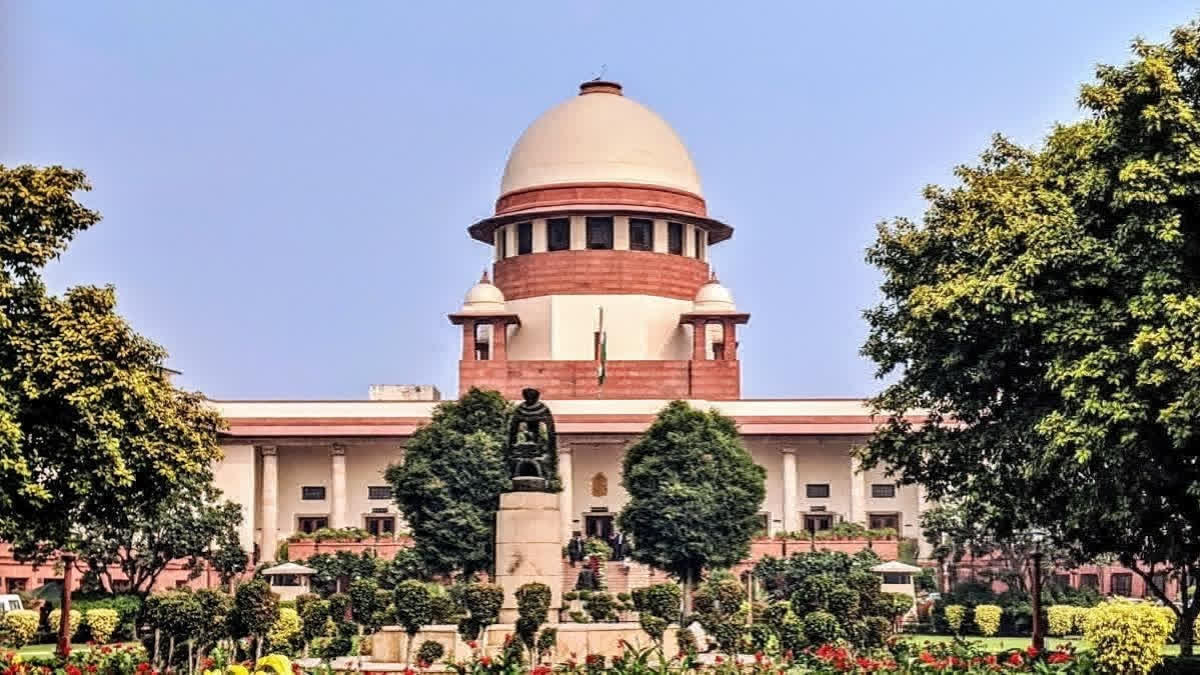New Delhi:The Supreme Court on Friday declined to stay operation of a new law for appointment of chief election commissioner (CEC) and election commissioners (ECs) by a panel that does not include the Chief Justice of India. However, the apex court issued notice to the Centre and agreed to examine the matter.
A bench comprising justices Sanjiv Khanna and Dipankar Datta told senior advocate Vikas Singh, representing a petitioner, that the bench is not inclined to stay the new law. Singh insisted on staying the new law. However, Justice Khanna said the court will not stay the new law now but the court will issue notice in the matter.
Two petitions have been filed in the Supreme Court challenging the validity of new law on appointment of chief election commissioner (CEC) and election commissioners (ECs). The new law has replaced the Chief Justice of India by a minister in a panel to be set up for the purpose of selecting the CEC and ECs which is directly in conflict with a judgment delivered by the apex court.
Madhya Pradesh Congress leader Jaya Thakur and one Sanjay Narayanrao Meshram filed a plea against the Chief Election Commissioner and Other Election Commissioners (Appointment, Conditions of Service and Terms of Office) Act, 2023.
Thakur’s plea sought a direction for declaring the provisions of the 2023 law as ultra vires under Articles 14, 21, 50 and 324 of the Constitution inasmuch as these are violative of the principles of free and fair election, apart from being contrary to the principles laid down by the Supreme Court in the case of 'Anoop Baranwal Versus Union of India'.
